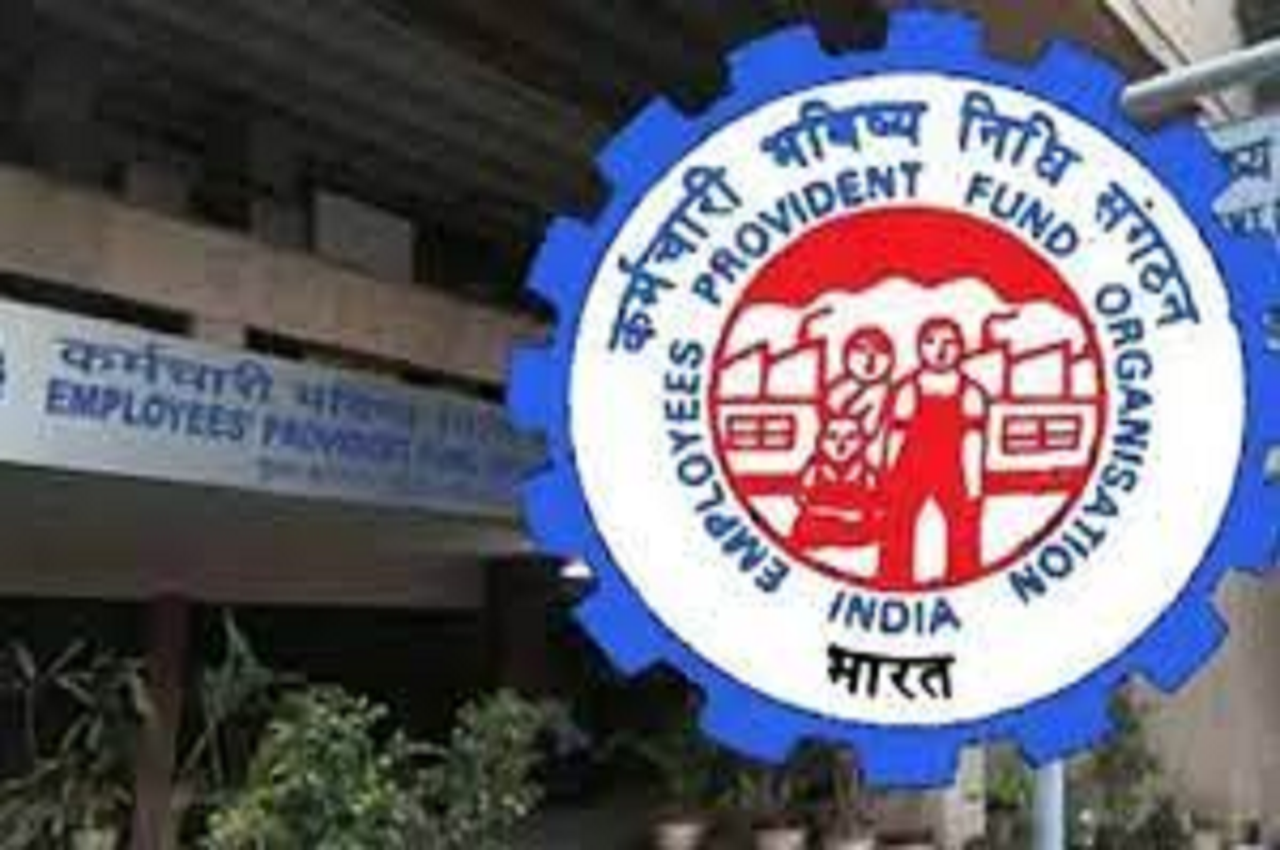New Delhi: EPF (Employees’ Provident Fund) is a scheme offering retirement benefits provided by the Ministry of Labour and Employment-owned social security organisation Employees’ Provident Fund Organisation (EPFO).
Under this scheme, both the employer and the employee contribute 12% of the employee’s basic salary and DA (dearness allowance) towards EPF. The current rate of interest on EPF deposits is 8.10% p.a. which is reviewed annually.
Some pointers about the scheme
1. This scheme not only saves tax but also offers relatively higher interest on investments.
2. Each EPF subscriber can access their PF accounts online and can carry out operations like withdrawal and checking their EPF balance.
3. The employees who are earning Rs. 15,000 (basic salary + dearness allowance), opting for EPF is mandatory. However, employees earning more than Rs.15,000 have no such regulation.
4. The employees can take out their full PF only after retirement. But, in the case of family emergencies like ill-health of a family member, repayment of a home loan, construction of a house, etc., withdrawing full settlement from EPF account for things like discontinuation of the employer’s business one can avail the request to partial withdrawal.
Eligibility criteria
1. It’s for employees belonging to both private and public sectors.
2. Organisations with at least 20 employees are deemed liable to avail their employees of the benefits of EPF.
3. An employee after becoming an active member of the EPF scheme can enjoy several benefits of the Employees Provident Fund including insurance and pension benefits.
Benefits of EPF scheme
1. With exemption from tax as mentioned under Section 80C of the income tax act, an employee is liable for tax-exempt on a PF contribution of up to Rs.1.5 lakh in a financial year.
2. Employees are liable for advances and withdrawals
3. The nominee or legal heir of a deceased member gets the PF amount
4. Employees receive special benefits like added income to their savings in the form of interest.
5. Upon changing the place of work, an employee can transfer his/her PF account where such Provident Fund Scheme is applicable













